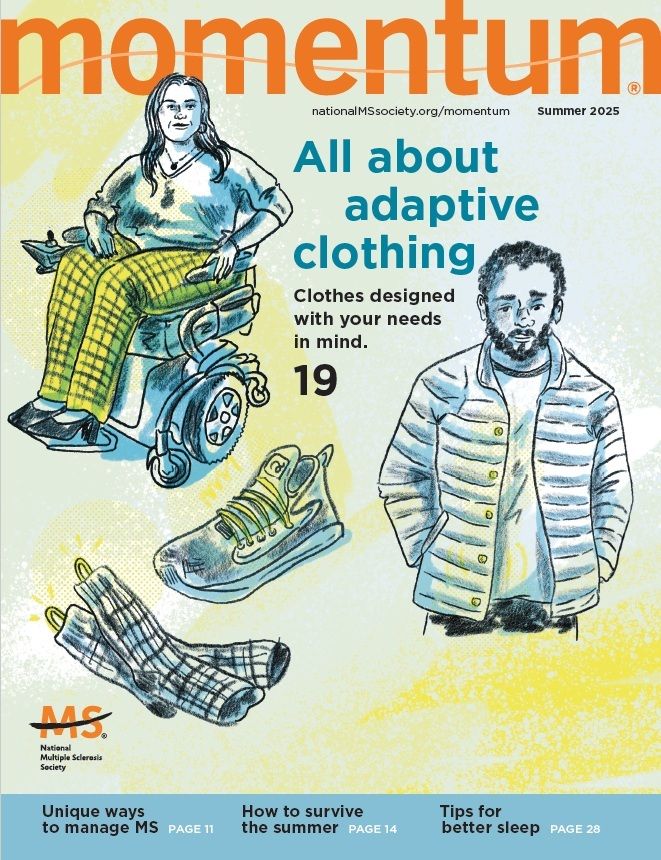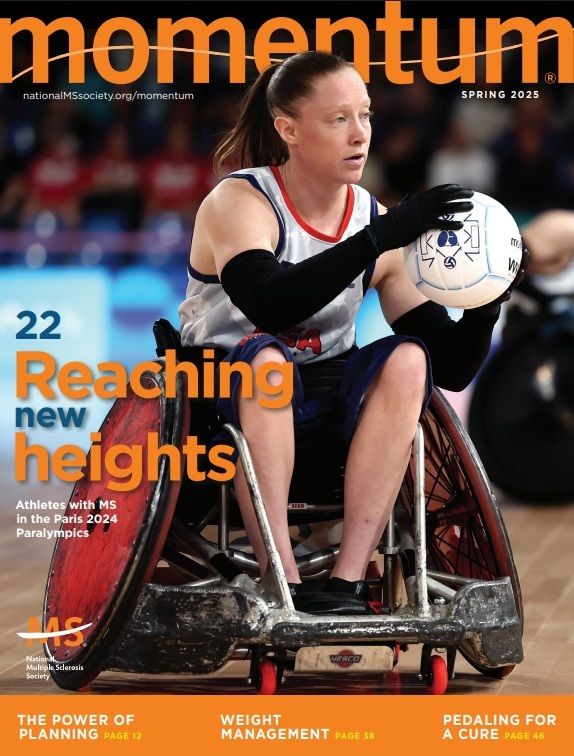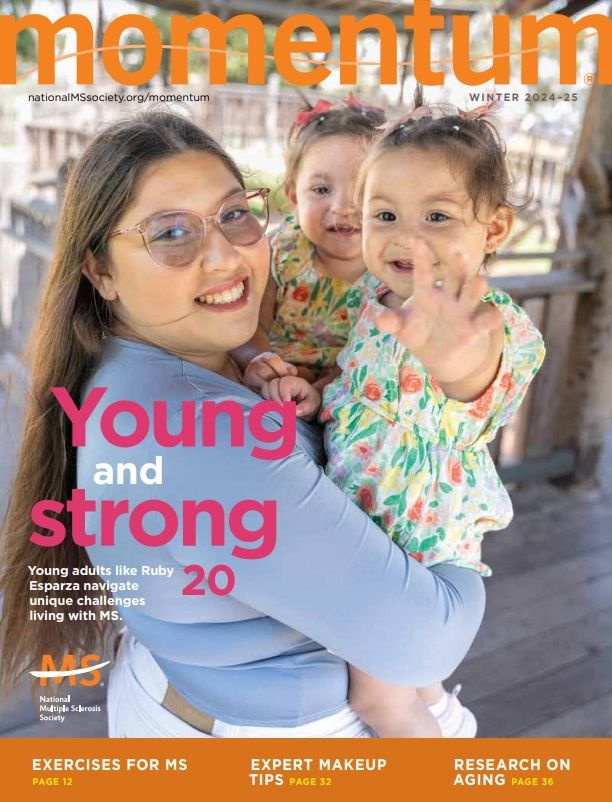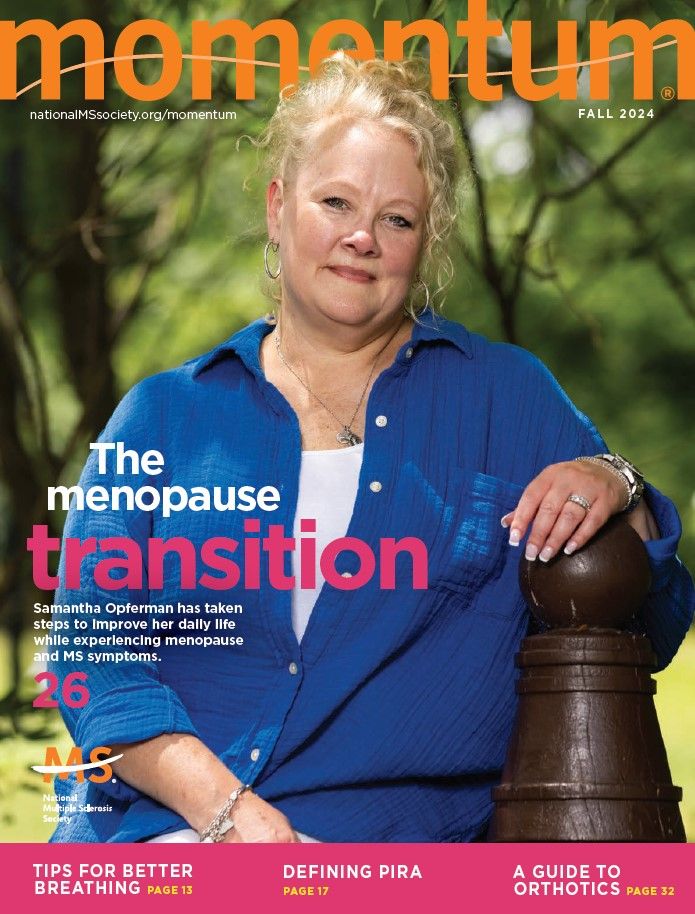Studying Patients’ Experiences With MS
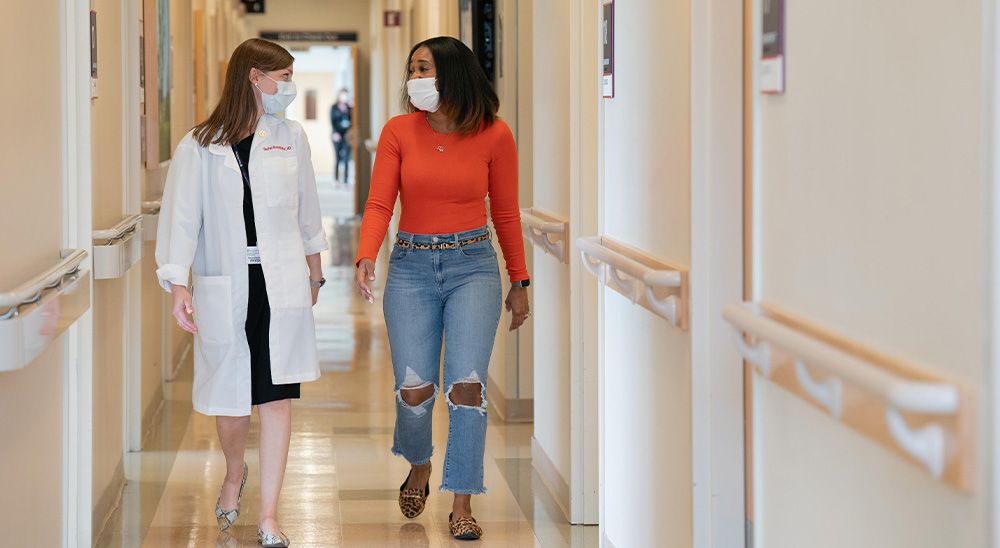
Qualitative Vs. Quantitative
What We Learned
Where To Go Next
Now that this study has gathered patient perspectives, what happens next? Talente says there is a lot of potential. “I think the great thing about this paper is that there's a wide array of audiences that could benefit from it, because this is not information that's highly talked about or highly discussed,” she says.Healthcare providers and researchers can use these findings to inform their work. The paper provides some specific analysis and recommendations for these groups, including:
- The survey results highlight how important it is for doctors and insurers to connect patients with resources for support.
- Researchers can develop more precise models by understanding patients’ real-world experiences, as trials often overlook the difficulties and priorities that patients reported in this survey.
- These results emphasize that financial or economic effects are a significant factor, which should consistently be addressed in MS-related studies.







